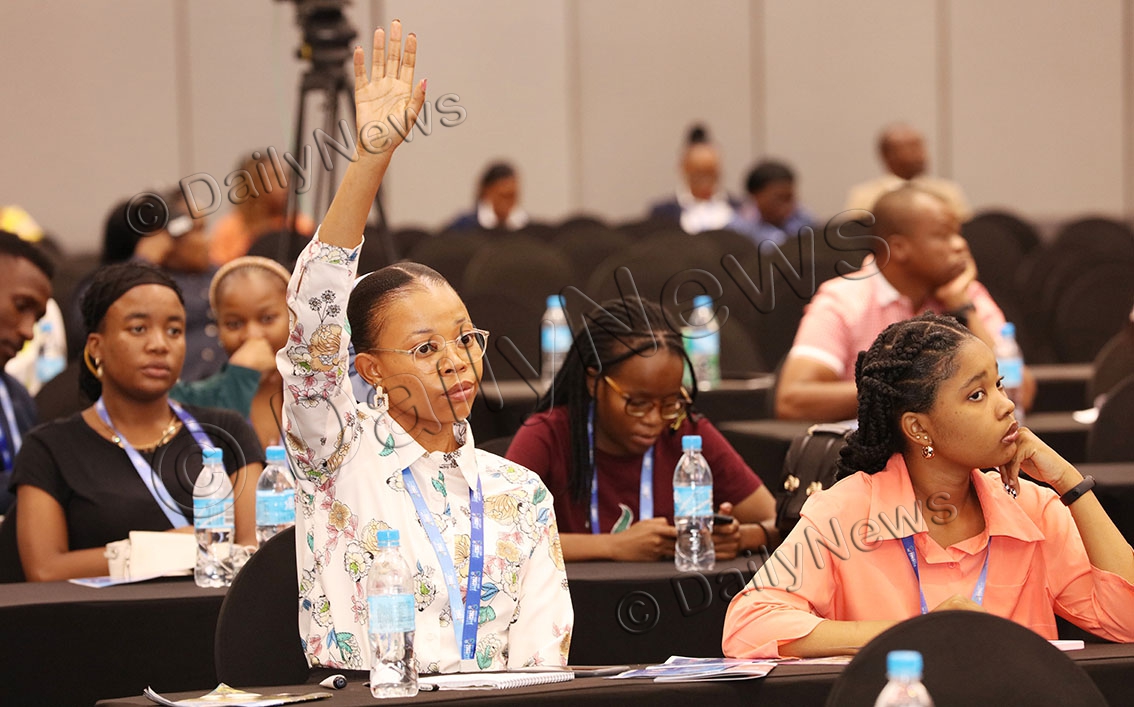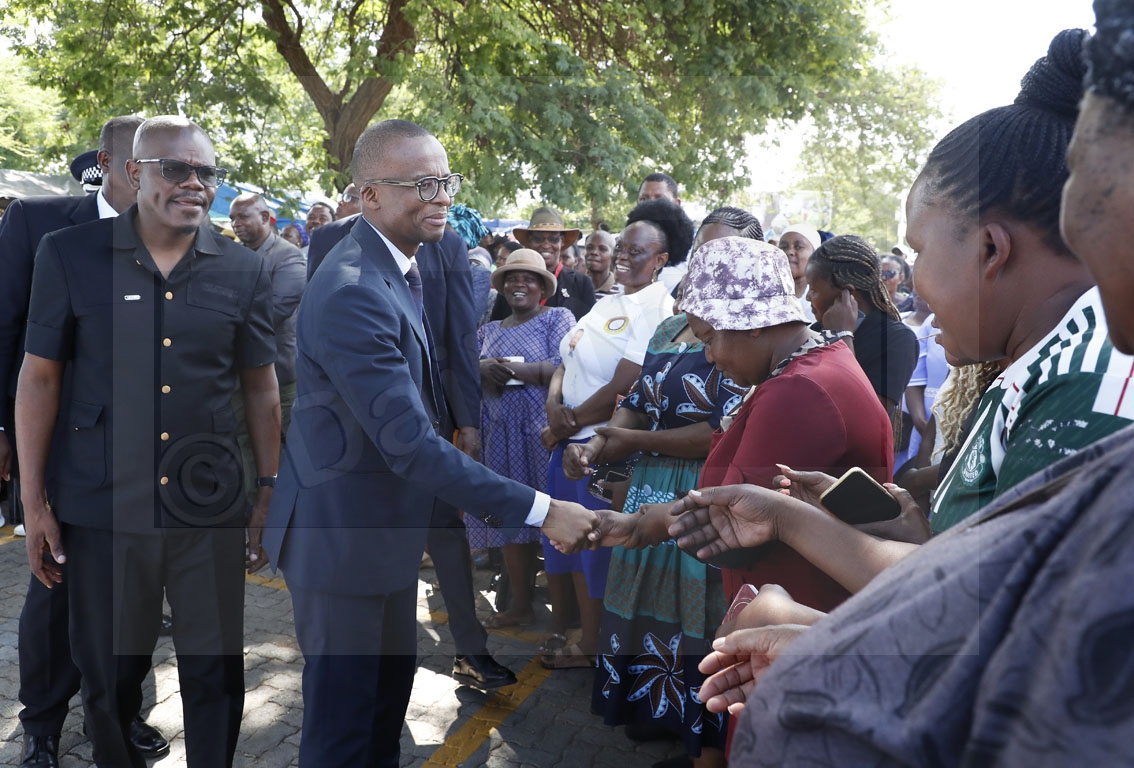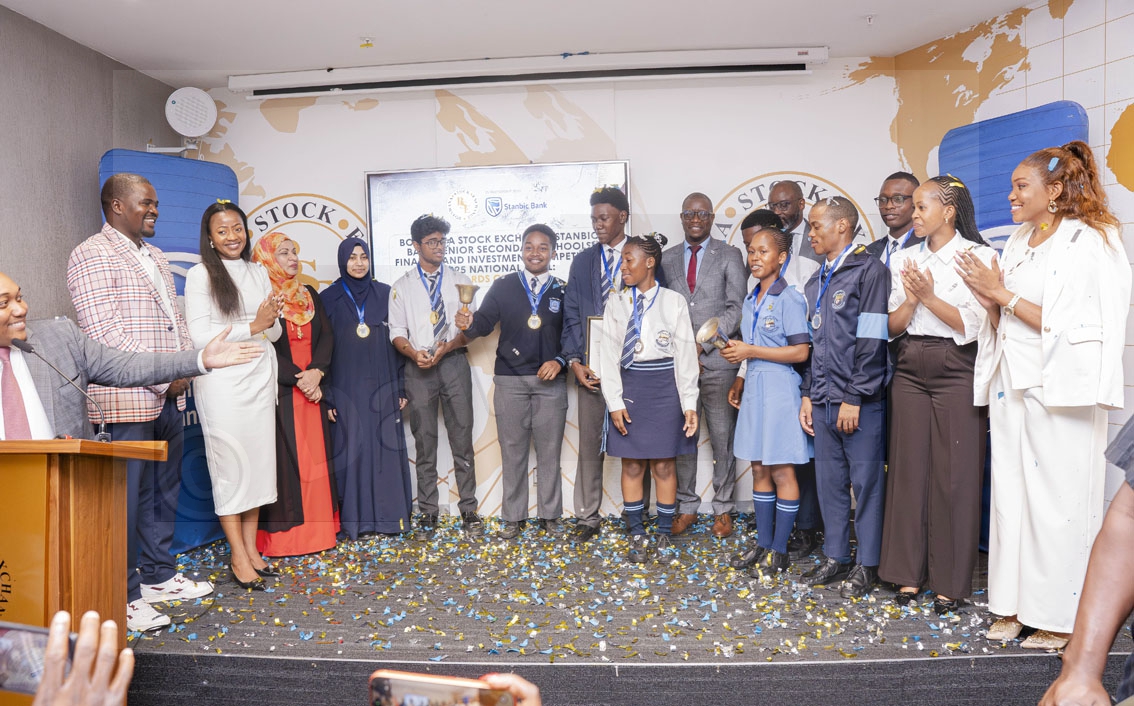Farmers advocate informed policies
10 Dec 2023
African governments have been implored to establish a robust platform for farmers, critical in amplifying their voices while giving a clear outlook of what farmers were experiencing.
The approach was vital as it would include conducting thorough research, and farmers, being directly on the ground, possessed first-hand experiences that could significantly contribute to a more accurate understanding of the prevailing conditions.
Commercial farmer and managing director of JP Roos Vegetables, Mr Jan Pierre Roos said this during the two-day Kusi Ideas Festival that ended on Friday in Tlokweng.
He said research efforts would play a crucial role in enabling Africa to attain self-sufficiency and produce essential agricultural inputs ranging from pesticides to packaging materials.
Mr Roos praised Zambia for efficiently supplying Botswana with cost-effective fertilizers, highlighting the potential for African nations to provide for their own needs.
He emphasised the richness of Africa in raw materials, advocating for self-sufficiency and the opportunity to export surplus produce.
Mr Roos additionally emphasised that for Botswana to achieve food security in the face of climate change, there was a necessity to channel investments into research and technology.
According to him, the outcomes of these research efforts would provide valuable insights into adopting agricultural practices that could effectively adapt to African conditions.
“Climate change poses a significant hurdle for the agricultural sector, with adverse effects being particularly pronounced. Presently, there is a delay in rainfall accompanied by unusually high temperatures, intensifying challenges for the agriculture sector,” he said.
Mr Roos also commended the government’s decision to ban vegetable imports, describing it as a motivational step for local farmers to increase production.
He was optimistic that within the next 3-4 years post the 2021 ban, Botswana would generate sufficient supply to meet local market demands and potentially for export.
Mr Roos urged all stakeholders, including farmers, insurance companies, consumers, and financiers to unite for a shared objective, aiming for Botswana to achieve the aspiration of self-sustainability.
Uganda smallholder farmer, Dr Naluyima Emma, asserted that despite agriculture being deemed the backbone of Uganda’s economy, there was no evident financial support. Dr Emma, a veterinarian by profession underscored the significance of agriculture, hence she owns MST school, yearning to incorporate Mathematics, Science and Technology in agriculture.
The school enrols children aged 5-12, with no intentions of grooming them into farmers, but to broaden their perspectives.
“The goal is to equip them for future engagement in diverse fields like policy-making and research,” she said.
Dr Emma also imparts essential knowledge among the children, covering crucial topics such as time management and the value of money.
Dr Tamani Nkhono-Mvula, CEO of International Development Consulting, echoed Mr Roos’s concerns regarding the necessity for research in the face of climate change.
Emphasising the importance of science and technology in agriculture, Dr Nkhono-Mvula highlights the critical need for drought-resistant seed varieties.
He stressed the major challenges posed by climate change, particularly its adverse effects on cereal production.
Dr Nkhono-Mvula pointed out that even a two per cent increase in temperature could result in reduced cereal yields, and as such called for substantial investment in agriculture to address these pressing issues. Ends
Source : BOPA
Author : Ndingililo Gaoswediwe
Location : Tlokweng
Event : Kusi Ideas Festival
Date : 10 Dec 2023





